
During the days of fasting in summer, there is a great risk of dehydration, especially among elderly people, patients with diabetes or kidney diseases etc and children are more prone to dehydration, as well as field workers who are to perform physical activities in the sun are at a high risk of dehydration.
Severe dehydration starts with symptoms such as extreme dryness in the oral cavity, dry and wrinkled skin, general fatigue and constipation.
Here are some tips to avoid dehydration this Ramadan.
Drink Plenty of Water between Iftar and Suhoor
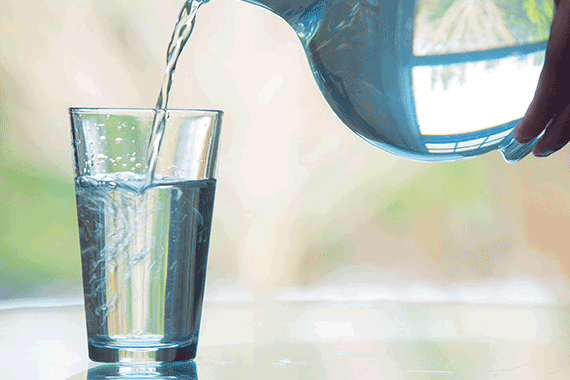
This is a no-brainer that water is the best way to keep dehydration away but in Ramadan, we can only have water for a specific period of time. So during the period of iftar to Suhoor, it is advised to drink 8 to 12 glasses of water. Another healthy tip about hydration is to drink lukewarm water as it is more easily accepted by the body. Furthermore, fruits and vegetables that are high in water like cucumbers, watermelon and grapes etc are great for the reduction of thirst with their high water content.
Avoid Excessive Usage of Spices
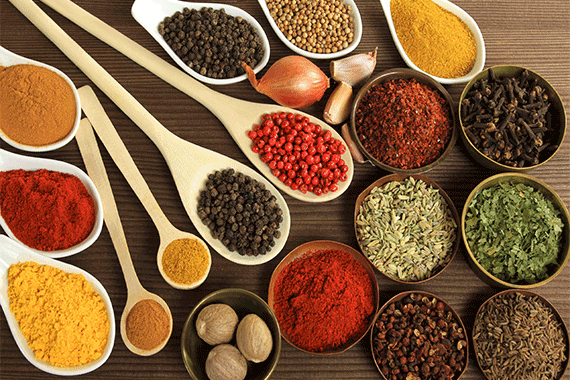
It is highly recommended that spicy and extra salty foods should be kept away from the iftar table as they increase the body’s need for water, and create a very unfavourable condition for an already dehydrated and food deprived body. Furthermore, the use of salts in foods like salads should be reduced as sodium is one of the key dehydrating agents.
Avoid Sweets

A recent research has shown that foods like doughnuts and tarts that have high amounts of sugar in them can contribute to an increase in the thirst of the human body. Consumption of sweets in sehri can contribute to a severe case of low energy as the carbs present in them provide the body with only an initial push of energy that soon wears down. Fruits such as strawberries can act as a great substitute for sweet items.
Avoid Caffeine and Nicotine
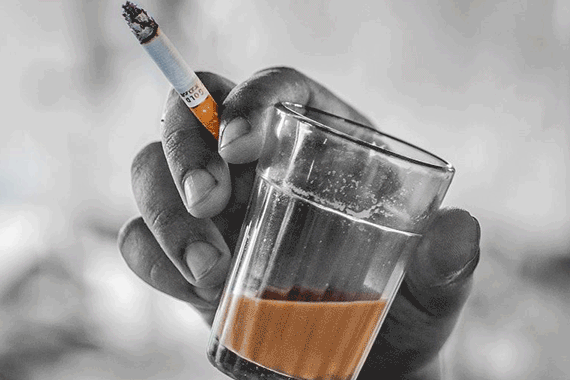
It has been said over and over again that caffeine is bad for a dehydrated body for good reason. Our favourite servings of beverages like tea and coffee that are nearly impossible to give up contain large amounts of caffeine that has a diuretic effect on the body, which means that it perks up the fluid loss as well as causing an increase in thirst. This is why it is highly recommended to steer clear of caffeinated drinks especially in the month of Ramadan. Smoking, being already harmful enough to cause lung cancer, can also trigger a sensation of intense dryness in the oral cavity.
Avoid Sun Exposure Or Physical Activity During Daytime
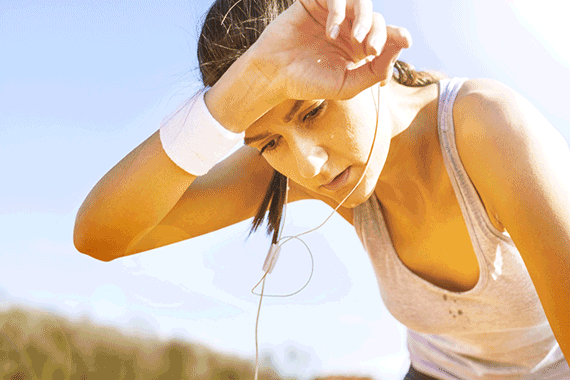
Due to temperatures soaring above 40 degrees in most parts of the country, it is highly advised to avoid sun exposure as it may cause excessive sweating that would lead to fluid loss and ultimately severely adverse situations like heat strokes. The best time to go out &/ or exercise in Ramadan is after iftar when the sun has set and the body has been provided with ample food and drinks to supply energy and will have enough time to replenish the lost fluids and energy during the hours of the fast.
Avoid Sweetened Juices
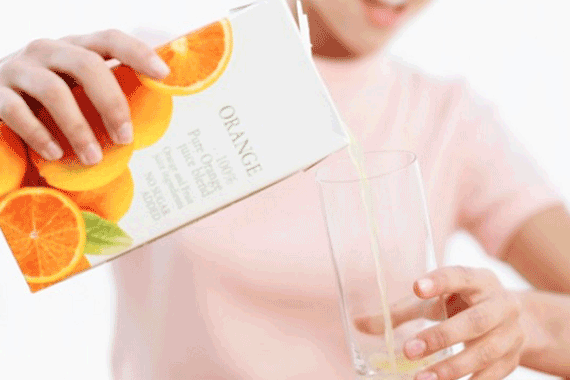
Drink fresh fruit juices rather than sweetened juices
Avoid Large Quantities Of Water
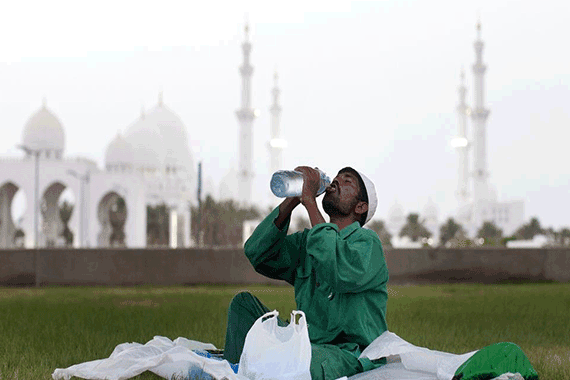
Try not to drink large quantities of water all at once or a lot during a meal. Instead, drink water between your meals and throughout the day. Drinking iced water to break your fast does not replenish your thirst but can cause your blood vessels to contract and cause indigestion. For this reason, it is recommended that you drink water at room temperature or slightly cold if you prefer to.

Post Your Comments